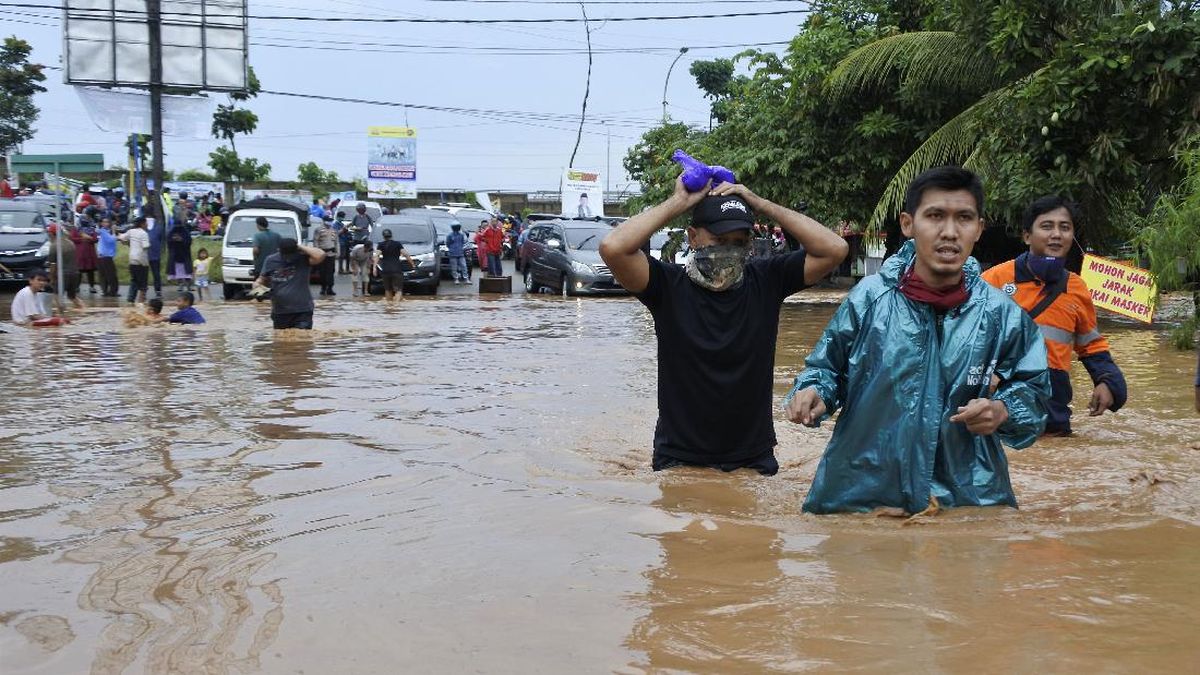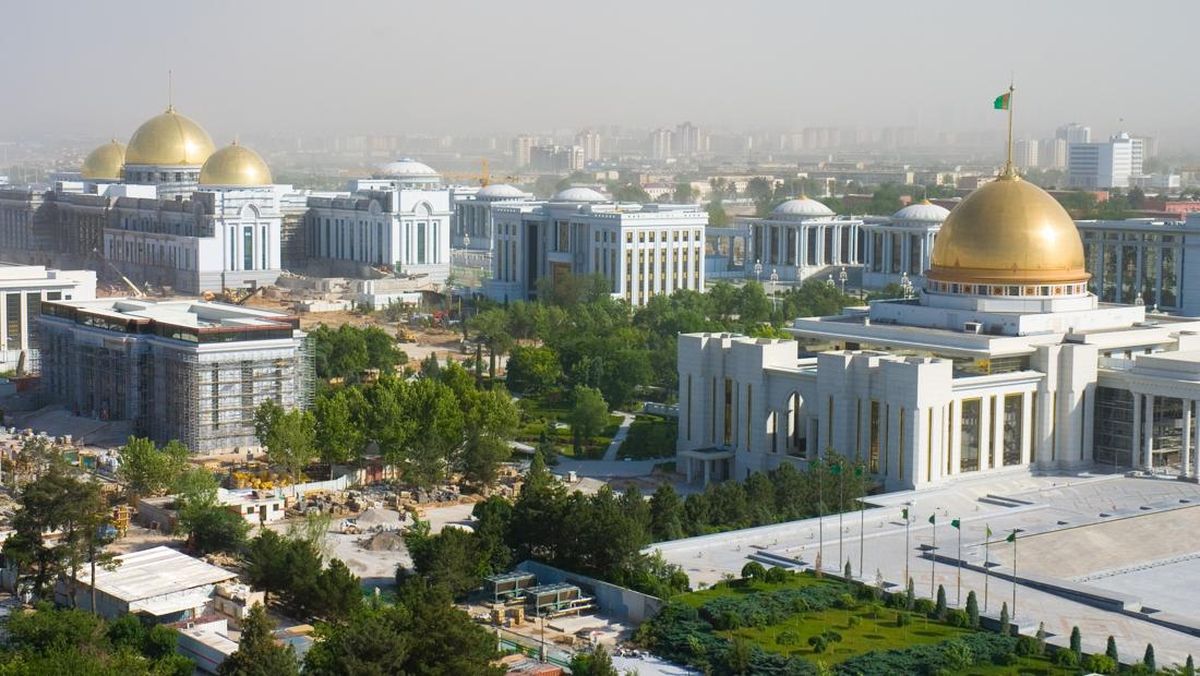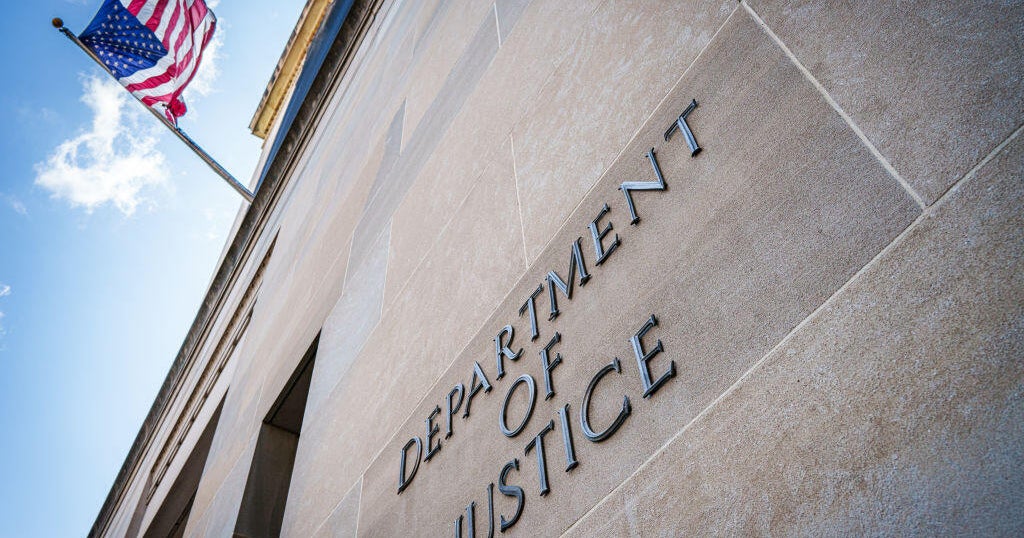The bushfire expert who devised the reforms in the wake of the 2001 Black Christmas infernos says community safety “shouldn’t be traded off” after requirements for the planning department to consult the Rural Fire Service were removed from the state’s overarching planning legislation.
Planning Minister Paul Scully rolled out the government’s overhaul of the Environmental Planning & Assessment Act 1979 on Wednesday, announcing a raft of significant changes to the laws that govern development in the state.

A controlled backburn near Colo Heights.Credit: Getty
One amendment was the removal of two bushfire-related provisions from the Act. The first forbade non-complying development on bushfire-prone land unless a developer obtained the approval of the RFS. The second was that councils were responsible for mapping lands at risk from fires.
The government said the legislation would be moved into State Environmental Planning Policies (SEPP) but has not detailed how these provisions would be worded or how they would take effect, raising concerns that the provisions could be watered down.
Western Sydney University academic Grahame Douglas, an expert in bushfire prevention measures, said the motivating factor for the government to make these changes was to remove blockages to increased housing development. But with Premier Chris Minns saying the government was focused on building around transport hubs, Douglas questioned why changes around bushfire-prone land were necessary at all.
Loading
“At the end of the day, community safety shouldn’t be traded off,” he said.
While cautioning there remained uncertainty given the SEPP had not been updated, the mere act of moving the provisions from legislation into the SEPP constituted a weakening, Douglas argued. He explained there was a hierarchy of legislation: acts, regulations (contained within the SEPP), then other policy instruments.
“The most powerful is the act. Being in the act makes the bushfire provision very strong; it gives it the highest level of strength, and can override the SEPP,” he said.
Douglas said with the minister of the day able to introduce changes to the SEPP without parliamentary oversight, the removal from the act also reduced accountability. Changes to provisions outlining responsibility for bushfire mapping meant there was currently no agency nor government responsible, he said.
An expert on the implications of climate change on land use planning and risk management planning for fire arrangements, Douglas spent 16 years employed at the RFS, including over the 2001-02 bushfires that destroyed 109 homes and burnt 753,000 hectares.
Douglas said the provisions removed in the EP&A reforms had been included at the time to ensure bushfires were given the necessary standing in NSW legislation.
On Wednesday, Wakehurst independent MP Michael Regan raised concerns the government’s planning reform bill “risked diluting” the RFS’s role in keeping the community safe, raising concerns about the centralisation of advice within a new agency called the Development Co-ordination Authority (DCA).
“I fear the consequence of this bill will be to downgrade the role of bushfire risk assessment and advice in planning decisions,” he said.
“It is unthinkable that in 2025, given everything we know about escalating bushfire risk, that the parliament would act to reduce bushfire protections.”
After the Herald first detailed plans the government would use the EP&A reforms to resolve conflicting agency advice, Regan raised concerns the reforms would be used to overcome RFS objections to the proposed Lizard Rock development, renamed Patyegarang, on Sydney’s northern beaches.
Spruiked by Scully as a “single front door”, the DCA was established for local councils and builders to deal with development applications that required multiple sign-offs from departments and agencies rather than dealing with them individually.
However, Douglas said there remained little clarity from government about how the DCA would be structured and how it would operate.
“This is an extra layer of bureaucracy. An agency needs to report to this authority, the agency needs to sort it out, and they have to report to the consent authority. Ultimately, it could end up adding to the delay,” he said.
Scully said the change would not weaken bushfire protection, saying there would continue to be a statutory requirement to assess bushfire hazards “that cannot be varied or weakened by councils”.
“This change aligns bushfire consultation and mapping requirements with how other hazards such as drought, flooding and urban heat are handled in the planning system, allowing policy to evolve as we are facing a swiftly changing climate,” he said.
“The Development Coordination Authority, which will include experts from the RFS, will still consider the most significant impacts on development when making a decision.
“This Bill does not change the standard of assessment required of agencies but rather will allow the provisions that guide the RFS, to be modernised and updated more quickly as practice and science evolves.”
Start the day with a summary of the day’s most important and interesting stories, analysis and insights. Sign up for our Morning Edition newsletter.
Most Viewed in Politics
Loading


















































